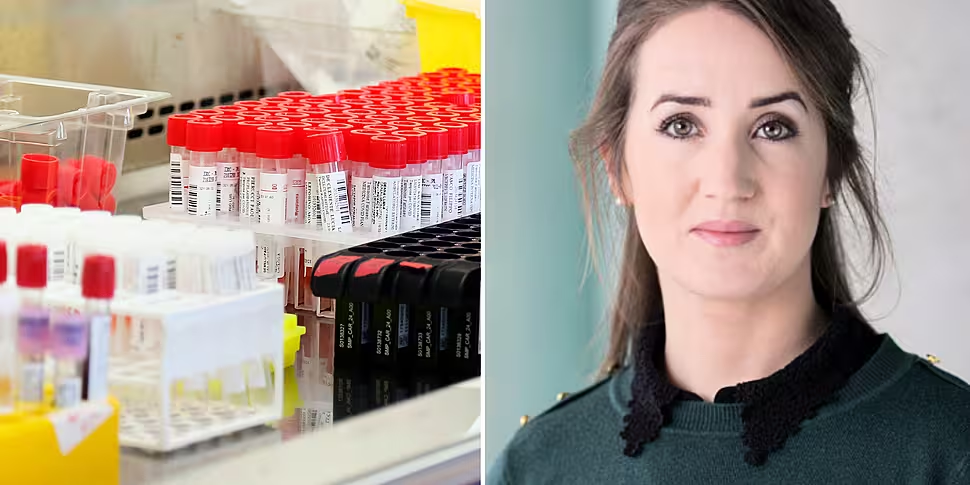Irish scientists have discovered why some COVID-19 patients can develop serious and life-threatening blood clots.
Blood clotting has been cited as one of the more serious side effects seen in COVID-19 patients.
Clotting is said to be more common in those with the virus than in the very rare cases reported in those who've received vaccines.
The researchers - led by a team from RCSI's University of Medicine and Health Sciences - used blood samples that were taken from Beaumont Hospital ICU patients to carry out their research into why clotting happens in some patients.
It found that the balance between a molecule that causes clotting (von Willebrand Factor, or VWF) and its regulator (ADAMTS13) is "severely disrupted" in patients with severe COVID.
The COVID-19 patients had higher levels of the pro-clotting molecules but lower levels of ADAMTS13.
They now hope the research could lead to target therapies to help prevent clots from developing in patients with the virus.
Dr Jamie O’Sullivan, Research Lecturer at the Irish Centre for Vascular Biology with the RCSI, spoke to The Pat Kenny Show about the findings.
She said: "Many other groups globally have observed that hospitalised patients with severe COVID-19 can present with serious and indeed life-threatening clotting complications."
She said the clotting seems to happen in the lungs in particular.
Dr O'Sullivan says knowing how the clots form is a crucial step in developing more effective treatments.
She said: "We live in an era of unprecedented change, and never before has scientific research so much shaped everyday society.
"There are a number of clinical trials ongoing at the moment... to see if [patients] might benefit from anti-clotting therapies. It's definitely an area of a lot of interest, for obvious reasons, and a lot of data has yet to emerge."









